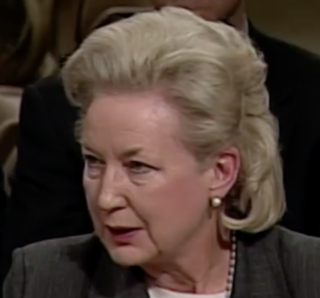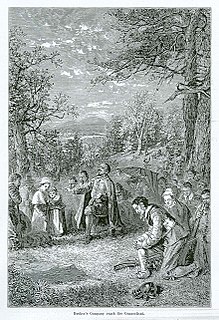A Quote by Clifford Geertz
The North African mule talks always of his mother's brother, the horse, but never of his father, the donkey, in favor of others supposedly more reputable.
Related Quotes
My father had a real short fuse. He had a tough life - had to support his mother and brother at a very young age when his dad's farm collapsed. You could see his suffering, his terrible suffering, living a life that was disappointing and looking for another one. My father was full of terrifying anger.
Don't drop him," said Peter's mother to his father. "Don't you dare drop him." She was laughing. "I will not," said his father. "I could not." For he is Peter Augustus Duchene, and he will always return to me. Again and again, Peter's father threw him up in the air. Again and again, Peter felt himself suspended in nothingness for a moment, just a moment, and then he was pulled back, returned to the sweetness of the earth and the warmth of his father's waiting arms. "See?" said his father to his mother. "Do you see how he always comes back to me?
I always knew about as a kid, knew that that particular injury at [my grandfather's] finger had been caused in that disaster that killed his brother-in-law, my grandmother's brother. And he never talked about his own brother's death to me. My mother told me about that and told me about the impact on her family. And that's part of what you hear in the first verse of "Miner's Prayer."
When the father is going on in his journey, if the child will not goe on, but stands gaping upon vanity, and when the father calls, he comes not, the onely way is this: the father steps aside behind a bush, and then the child runs and cries, and if he gets his father againe, he forsakes all his trifles, and walkes on more faster and more cheerefully with his father than ever.





































